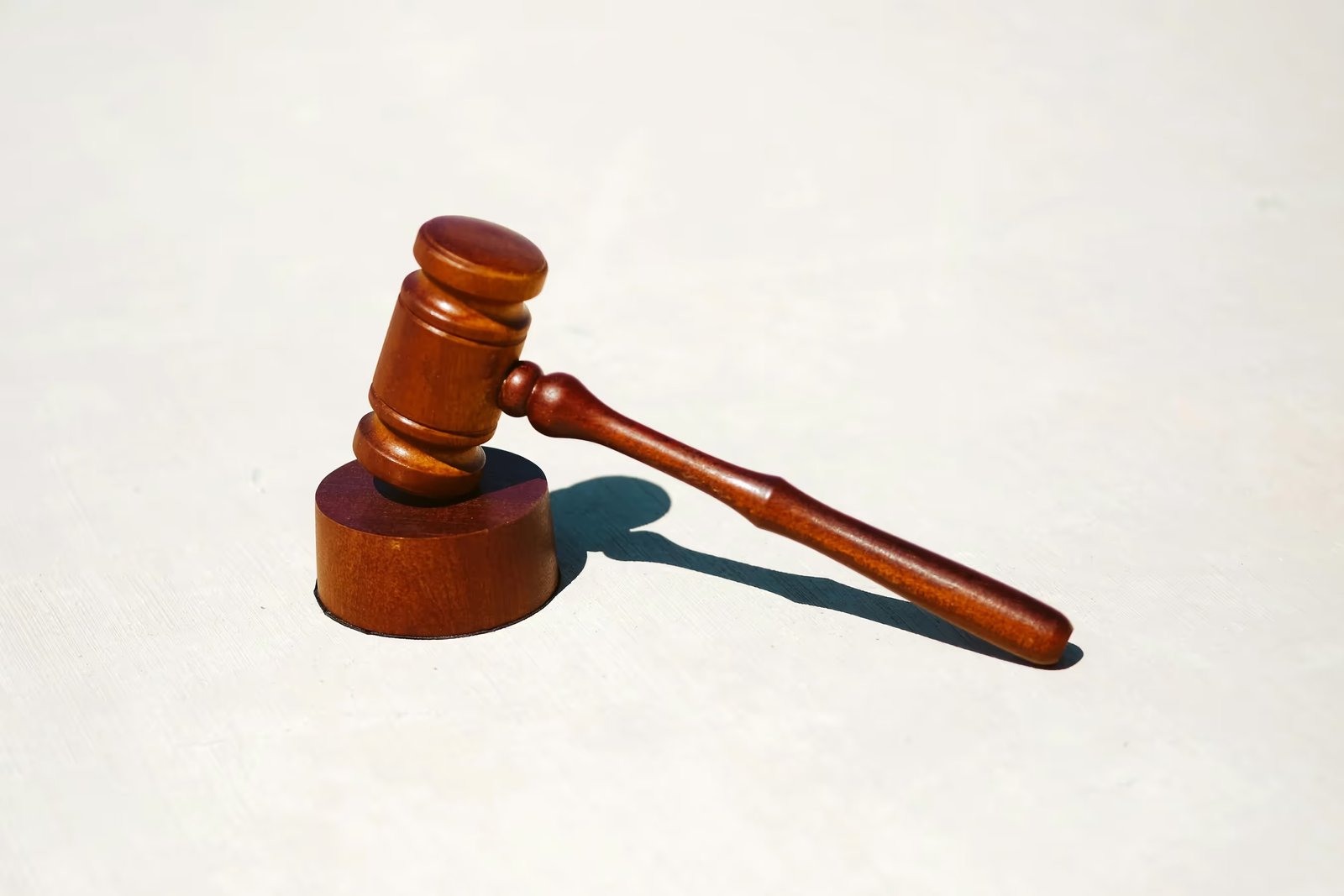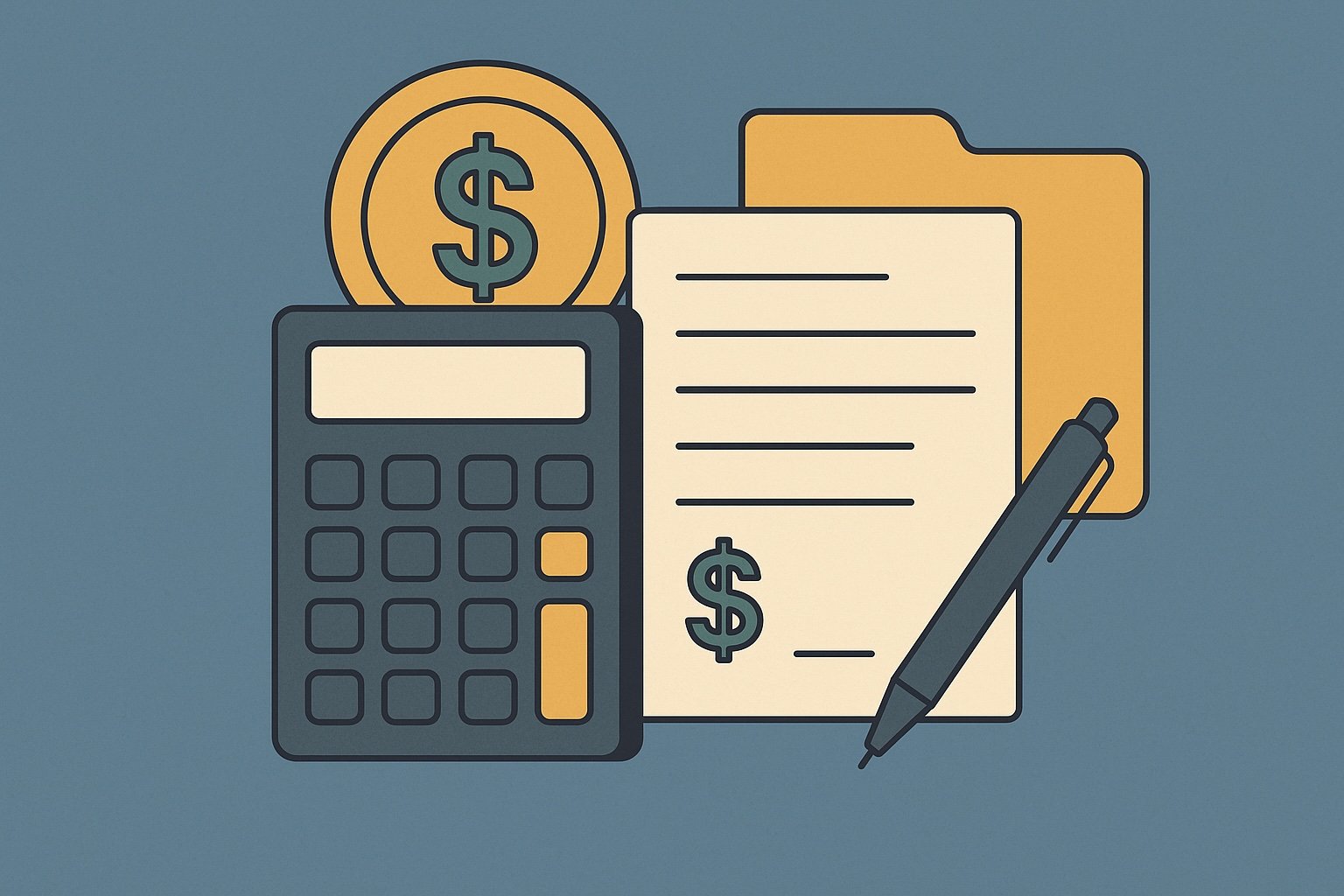Question
ARTE's Answer
Yes, an irrevocable trust can participate in a 1031 exchange, provided certain conditions are met. The key requirement for any entity, including an irrevocable trust, to qualify for a 1031 exchange is that the property involved must be held for productive use in a trade or business or for investment purposes. This means the trust must have held the relinquished property for investment or business use, and it must intend to hold the replacement property for similar purposes.
When an irrevocable trust engages in a 1031 exchange, it must adhere to the same rules and timelines as any other taxpayer. This includes identifying the replacement property within 45 days and completing the exchange within 180 days. Additionally, the trust must use a qualified intermediary, like us at Deferred.com, to facilitate the exchange. This ensures that the trust does not have actual or constructive receipt of the sale proceeds, which is crucial for maintaining the tax-deferred status of the exchange.
Let's consider an example to illustrate how an irrevocable trust can execute a 1031 exchange:
- Engagement of a Qualified Intermediary: The trust contacts us at Deferred.com to act as the qualified intermediary. We enter into an exchange agreement with the trust, ensuring that the trust does not receive the sale proceeds directly.
- Sale of the Relinquished Property: The trust sells the commercial property for $500,000. The proceeds from this sale are transferred to us, Deferred.com, as the qualified intermediary.
- Identification of Replacement Property: Within 45 days of the sale, the trust identifies the new commercial property it wishes to acquire for $600,000.
- Acquisition of Replacement Property: Within 180 days, we use the $500,000 held in the exchange account to purchase the new property on behalf of the trust. The trust contributes an additional $100,000, either from its own funds or through financing, to complete the purchase.
- Completion of the Exchange: The trust now owns the new commercial property, having successfully deferred the capital gains tax on the sale of the original property.
By following these steps and using a qualified intermediary like us at Deferred.com, the irrevocable trust can effectively defer capital gains taxes, allowing it to reinvest the full proceeds into a new investment property. This strategy can be particularly beneficial for trusts looking to diversify their investment portfolio or acquire properties with greater income potential.
Have more questions? Call us at 866-442-1031 or send an email to support@deferred.com to talk with an exchange officer at Deferred.
Sources
- TAM 200039005 (Failed Reverse Exchanges)
- PLR 200616005 (Related Party Exchange)
- Goolsby v. Commissioner
- PLR 200521002 (TIC Arrangements)
- Publication 544 (2023), Sales and Other Dispositions of Assets
- PLR 200521002 (Like-Kind Property Received, then Testamentary Trust Terminated)
- Rev. Rul. 2002-83 (Related Party Exchanges)
1031 Question? Ask ARTE
Deferred's AI 1031 Research Assistant is trained on 8,000+ pages of US tax law and outperforms human CPAs by 22%+
CHAT NOW
Learn More
See more frequently asked questions about 1031 exchanges








